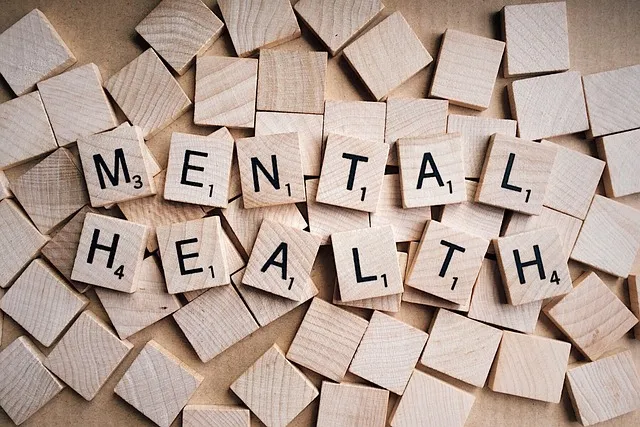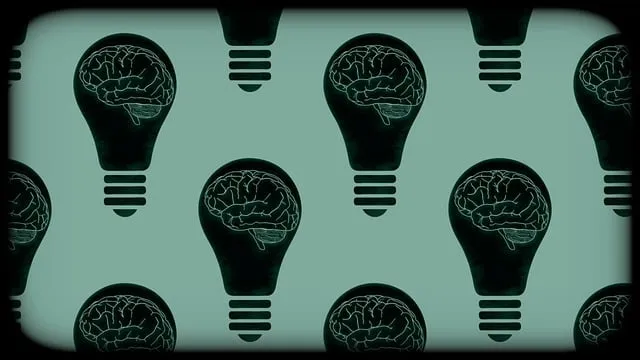Mental illness stigma presents significant barriers for individuals seeking support, leading to prolonged suffering in silence. Organizations like Kaiser in Centennial have implemented initiatives such as Crisis Intervention Guidance, Compassion Cultivation Practices, and Stress Management Workshops to create safe, understanding environments. These efforts aim to break down stigma barriers, encourage help-seeking, and ensure individuals dealing with mental health issues can heal and live fulfilling lives. Kaiser's accessible mental health support, skilled therapist team, and destigmatization campaigns through education and community engagement have led to positive patient outcomes, making it a top choice for those seeking therapy in the Centennial area.
Mental illness stigma remains a significant barrier to seeking treatment, with profound effects on individuals’ well-being. This article explores strategies aimed at reducing mental health stigma, focusing on two key aspects: healthcare provider support and community engagement. We examine Kaiser’s role in offering quality mental health services and the importance of therapist training. Additionally, we highlight effective approaches within healthcare settings to foster a more inclusive environment. Community education is unveiled as a powerful tool for breaking down stigma, emphasizing the potential impact on individuals in Centennial and beyond.
- Understanding Stigma: Its Impact on Mental Health Individuals
- Kaiser's Role in Mental Health Support and Therapist Quality
- Effective Strategies for Reducing Stigma in Healthcare Settings
- Community Engagement and Education: A Key to Breaking Down Barriers
Understanding Stigma: Its Impact on Mental Health Individuals

Stigma surrounding mental illness can have severe consequences for individuals seeking support and treatment. It often creates a barrier, leading many to suffer in silence or delay their quest for healing. The impact is profound; those affected may experience increased anxiety, depression, and social isolation, hindering their ability to function daily. This internalized shame can even prevent people from disclosing their struggles, making it difficult to connect with understanding peers and professionals.
In the context of finding therapists, such as those available at Kaiser in Centennial, individuals dealing with stigma might feel deterred. They may question the effectiveness of therapy or worry about judgment. However, organizations like Kaiser have recognized this challenge and are working towards breaking down these barriers. Crisis Intervention Guidance and Compassion Cultivation Practices have been implemented to foster an environment where people feel safe and understood. Additionally, Stress Management Workshops can equip individuals with tools to cope, reducing the fear and mystery associated with mental health struggles.
Kaiser's Role in Mental Health Support and Therapist Quality

Kaiser, a prominent healthcare provider, plays a significant role in mental health support, particularly in the Centennial region. Their commitment to accessible care ensures that residents have easy access to professional therapy services. The quality of therapists within Kaiser is a key factor in fostering positive mental well-being. Many patients praise the dedication and expertise of Kaiser’s therapeutic team, contributing to improved patient outcomes.
In addition to individual therapy, Kaiser initiates public awareness campaigns focused on destigmatizing mental illness. These initiatives aim to educate the community, encourage early intervention, and promote Inner Strength Development. By addressing the root causes of stigma, Kaiser empowers individuals to seek help without fear of judgment, ultimately enhancing overall community resilience and Confidence Boosting through open dialogue about mental health.
Effective Strategies for Reducing Stigma in Healthcare Settings

Reducing stigma in healthcare settings is essential for fostering an environment where individuals feel comfortable seeking support for their mental health. Organizations like Kaiser Permanente Centennial have been at the forefront of this initiative, implementing various strategies to create a more inclusive and understanding atmosphere. One effective approach is through Mental Health Education Programs Design, which aim to educate both patients and healthcare providers about mental illness, dispelling myths, and promoting empathy. These programs can include workshops, seminars, and interactive sessions that highlight the diversity of experiences and challenges associated with mental health.
Additionally, encouraging Coping Skills Development plays a pivotal role in stigma reduction. Healthcare settings can organize group therapy sessions or individual counseling to teach effective coping mechanisms for anxiety and other common mental health concerns. By equipping individuals with tools to manage their well-being, these initiatives not only alleviate symptoms but also foster self-reliance and reduce the likelihood of stigmatization. Such efforts, when combined with accessible resources and supportive staff, can significantly improve patient experiences, ensuring that those seeking help feel valued and understood, ultimately encouraging open conversations about mental health and Anxiety Relief.
Community Engagement and Education: A Key to Breaking Down Barriers

In the pursuit of reducing mental illness stigma, community engagement and education play a pivotal role in breaking down barriers and fostering understanding. Kaiser, with its renowned healthcare services, recognizes the importance of these efforts, especially in regions like Centennial where access to quality therapists is crucial. By involving local communities in conversations about mental health, they can dispel myths and promote empathy. Educational initiatives, such as workshops and awareness campaigns, equip individuals with knowledge about various mental health conditions, encouraging early identification and support.
Cultural sensitivity in mental healthcare practice is also integral to this strategy. Kaiser’s commitment to providing culturally competent care ensures that therapists are attuned to the unique needs of diverse communities. This approach, coupled with emotional intelligence and self-care routine development for better mental health, can significantly contribute to reducing stigma. Encouraging open dialogues and accessible resources does not only benefit individuals seeking therapy but also strengthens the overall mental wellness of the community in Centennial and beyond.
Mental illness stigma reduction is a multifaceted approach that involves understanding its profound impact, improving healthcare support, and engaging communities. Organizations like Kaiser play a pivotal role in fostering better mental health outcomes by ensuring quality therapist care, as evidenced by their efforts in the Centennial region. Through education and community engagement, we can break down barriers and create a more inclusive environment where individuals receive the support they need without fear of judgment. By implementing effective strategies, we can significantly reduce stigma and improve access to mental healthcare for all.






